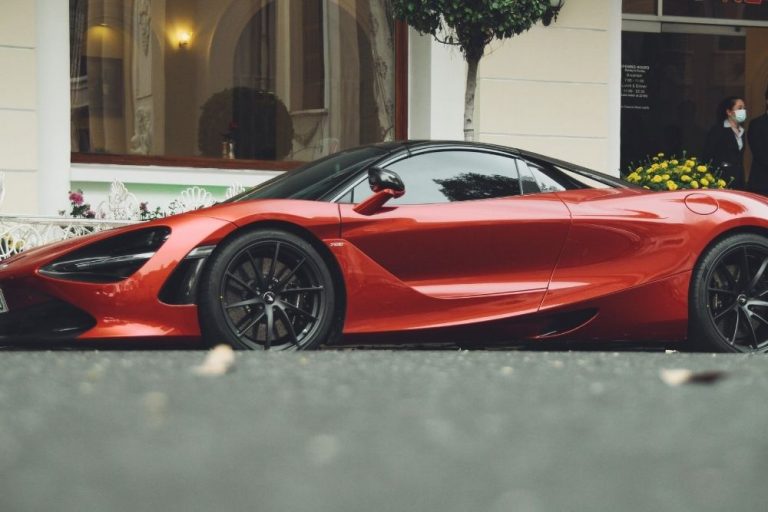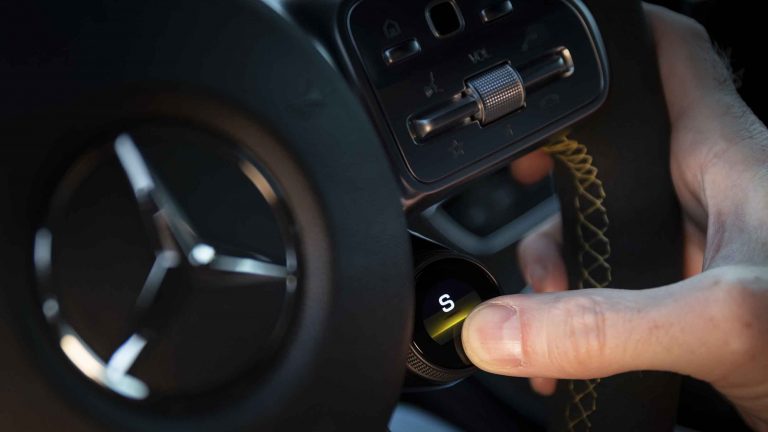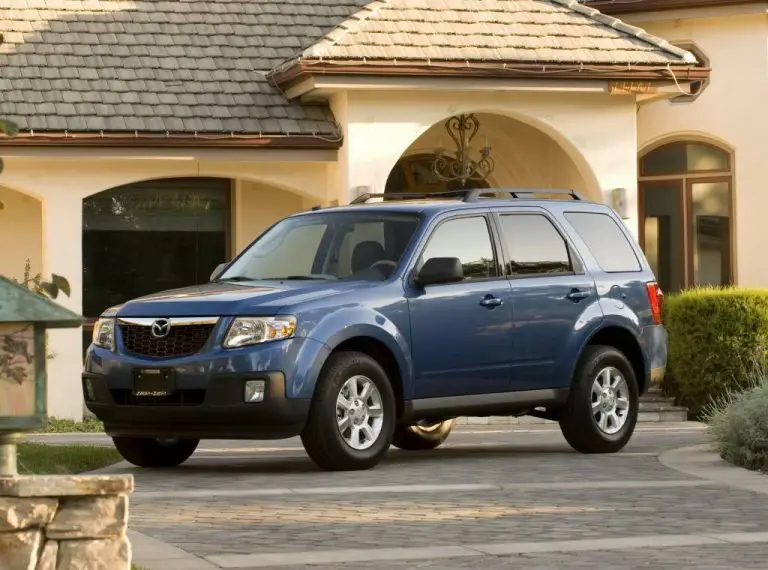Maserati Depreciation – A Slippery Slope (What You Need To Know)
While the idea of owning a Maserati is an exciting idea, the reality can lead to some nasty realizations. Whether buying the Trident brand new, out of the dealer’s showroom, or as a pre-owned vehicle, the Maserati can deliver some serious scares to your wallet. While the decision to buy a Maserati can be a heartfelt and passionate one, it must be balanced by some clear headedness. The buyer must understand what level of Maserati depreciation they need to expect and for what reasons.
Here we will examine what are the causes of Maserati depreciation and how each model is affected by this.
Why Does Maserati Depreciate So Much?
Does a Maserati hold its value? The short answer to that is no. On average across the Maserati fleet, vehicles will lose around 45% of their value within three years. Though some models will see much harsher drops of over 60%. If buying this bespoke Italian performance automobile was for investment purposes then you will be sorely mistaken. In just a few years, over US$100,000 will be shed from its value as it holds just 20% of the original price.
But this is not just an affliction to Maserati but to all luxury vehicles. Whether it is the ever-present Germanic brands of Mercedes-Benz, BMW, Porsche or Audi, the British car makers of Jaguar, Aston Martin, Bentley or Rolls Royce, the Italian thoroughbreds of Ferrari or Lamborghini, all models suffer a steep depreciation as soon as they roll off the yard of the dealer.
In a recent study of over 7.7 million cars (2014 until 2019) the Top Ten List of the worst depreciating vehicles showed the Maserati Quattroporte at the top. However, four of the cars on the list had a BMW badge on them (5 / 6 / 7 Series & i3).
But in a more recent study this year, looking at depreciation forecasted over the next five years, the situation has changed. Though they anticipate the Maserati Ghibli to lose 69% of its value during that time, it is not the worst performing luxury car. They estimated that the Audi A6 and the BMW 5 & 7 Series would depreciate more.
In the last couple of years, Maserati have been making concerted efforts to improve on their quality assurance. In 2019, Maserati brought Davide Grasso onboard to help improve their branding. Previously, over the last 20 years, he had overseen the branding of Nike. The future for the Trident might be a little more stable although the continuing trend is still downwards which is to be expected.
Lackluster Resalable Value
A second-hand market for luxury vehicles is an oxymoron – it just doesn’t exist. The target market of these automobiles is the ultra-rich. People who can drop six figures for a car without blinking and will dispose of it before the tires need changing. This niche demographic has no interest in looking back or looking for a bargain; only on to the latest and upgraded model.
So, if the people who can afford them are not buying used vehicles, then no one else can either. By this factor alone, after only a couple of years, the value falls off a cliff. So, it is quite likely that you will come across a luxury automobile that had lost over half its value (and more) and looks like a great bargain.
Looks are deceiving.
A Costly Indulgence
The trouble with all luxury automobiles is that, due to their high specifications, their parts are much more expensive than a mass produced vehicle. Not just any alternator or carburetor will do the trick on your luxury sedan or grand tourer. It is probably unique to just that model of car and engineered with such high precision, that the cost of replacing it could turn your blood cold.
Also, you can’t just go to your local garage down the street to get the work done. It will need a car repairman who has the skill and training to work on such a unique and complicated engine. This will also pump up the price of repairs.
But, at least, for the BMW and Mercedes-Benz dealerships, they can be found far and wide and you will never be too far away from one. However, this is not the case for the Trident as Maserati depreciation is further exacerbated by the scarcity of these service centers. Which makes the whole task more expensive and time consuming, as the owner will need to travel further afield to find one.
Then, when they get there, they might have another surprise. The service center might not have the spare parts in stock and it could take a lot of time and money to find one.
Unlike their big Teutonic rivals, who mass produce their luxury vehicles by the tens of thousands a year, Maserati work from a much smaller scale. With so few models on the road, the amount of available spare parts is just as scarce. And the fact that there are so few Maserati’s on the road, service centers are loathe to clutter up their shelving with parts which might not get sold for a very long time. That added storage will build up a cost for them which they offload to their paying customers.
To give a comparison, the cost of Maserati spare parts are ten times more expensive than Toyota or Honda. Now you begin to see what causes Maserati depreciation.
How Much Do Maserati’s Depreciate?
When we take a look at specific models, Maserati depreciation becomes a little diverse and newer vehicle faring better than the older ones. Maserati Quattroporte depreciation seems to be improving after seeing their lowest ebb from the 2014 model. It was reported that, after five years, this luxury sedan had lost over $100,000 or 72.2% of its value. But on the 2020 model, it has been estimated that, over six years, its price will drop by 66%.
When looking at the Maserati depreciation curve, the QP has a steep drop off in the first few years (losing 30% in the first year alone) then gradually levelling out as the value hovers between 66 to 80% of its original price (2005 model being just $18,800).
The Maserati Ghibli depreciation is slightly better, although it has only been available since 2014. They estimate that a 2020 base model will lose 61% over the next six years while older models will lose up to 53% as of today. The Maserati depreciation curve sees a steep decline within the first year (30% again) but quite level thereafter.
The Maserati GranTurismo depreciation projects that the 2019 model will lose a further 21% of its current value over the next five years. The Maserati depreciation curve takes a different shape, as after a huge drop of 39% in the first year (2019), the curve levels out over the previous 11 years. It drops from 42% to 72% over that time, making a 2008 model worth only $30,000 (very tempting).
The Maserati Levante depreciation tells a much better story which might be because it’s classified as a SUV. They forecast that a 2020 model will lose 25% of value over the next three years while older models hold stable at a 30% drop.
If we take a look at one of the older models, the Maserati GranSport depreciation makes interesting reading. The 2005 & 2006 models have “bottomed out” and are holding a steady price now and will continue to do so over the next three years. After retailing between 98K to 101K, they are selling for 28K to 34K.
Using our crystal ball, we can anticipate what the Maserati MC20 depreciation might bring? With a price tag that sits between 200K – 300K, this Maserati supercar is completely unique with its engine designed especially for this model only. So, will this exclusivity and rarity help to support the value, similar to other exotic Ferraris? This is a possibility though one has to counter that thought with the reputation (as in a bad one, generally) which might pull the value down.
Time will tell.





